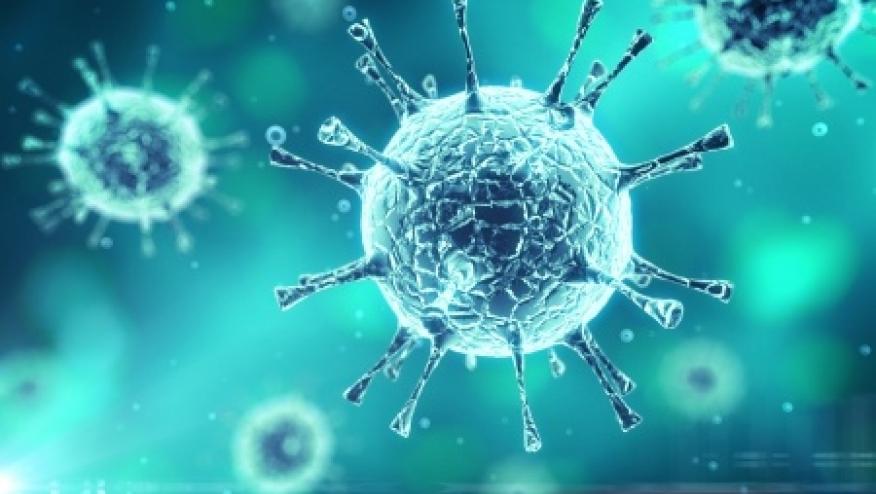Linkage Between Gut and Joint Immunity in Rheumatoid Arthritis Save

Pianta, et al have published their findings in the Journal of Clinical Investigation showing that two novel autoantigens, GNS and FLNA, are highly expressed in synovium and share a sequence homology with gut microbesa; thereby providing a potential link between gut mucosal and joint immunity in rheumatoid arthritis (RA).
Researchers used discovery-based proteomics to detect HLA-DR–presented peptides in synovia or peripheral blood mononuclear cells from RA patients. They found that two autoantigens, N-acetylglucosamine-6-sulfatase (GNS) and filamin A (FLNA), yielded effective T and B cell antigen specific responses (52% and 56%, respectively).
GNS and FLNA are highly expressed in synovia. GNS appeared to be citrullinated, and GNS antibody values correlate with ACPA levels. FLNA was different and did not show the same results.
The GNS peptide has marked sequence homology with epitopes from Prevotella sp. and Parabacteroides sp.
FLNA peptide has homology with epitopes from Prevotella sp. and Butyricimonas sp.
Reactivity to either GNS or FLNA was associated with reactivity to the corresponding microbial peptides.
Also, binding of these self- and microbial peptides and their responses were more common in RA patients with SE alleles.
The homology and cross reactivity of these two self-proteins and corresponding gut microbes may provide a link between mucosal and joint immunity in patients with RA.










If you are a health practitioner, you may Login/Register to comment.
Due to the nature of these comment forums, only health practitioners are allowed to comment at this time.